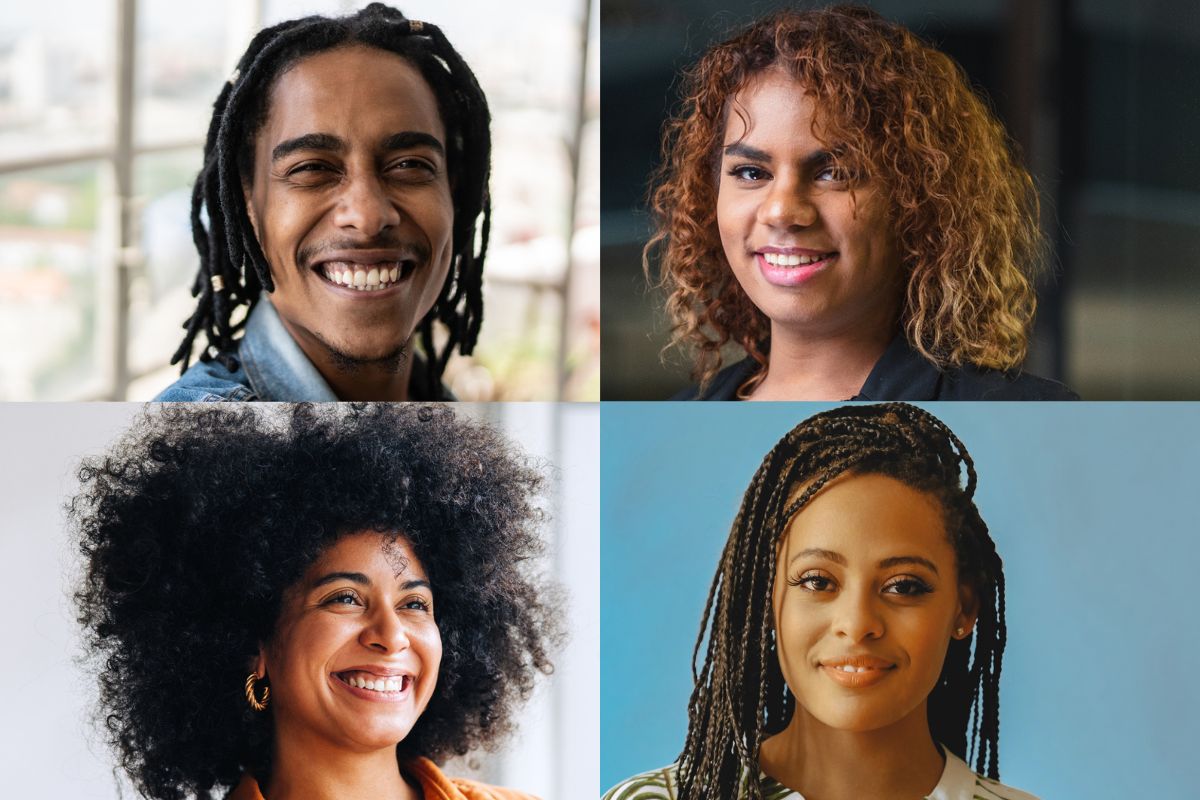Texas is in a perpetual state of crisis. Be it a war on reproductive healthcare, Indigenous sovereignty, gender expression, or our various natural ecosystems, living here is tough. So, here’s some good news to end the week on: Texas is very close to banning discrimination of natural hair textures and styling methods! Two bills are working their way through the legislature, and one passed with near unanimous support. They are commonly known as the CROWN Act a.k.a. Creating a Respectful and Open World for Natural Hair Act.
These laws come after many high-profile cases of public humiliation and discrimination towards Black people’s natural hairstyles. A few years back, two students in the Houston area were told they could not walk in their graduation unless they cut their locs as the school deemed the styles “unprofessional.” Similar instances happen in the workplace and in sports. It’s no coincidence that one of America’s first Black millionaires, Madame CJ Walker, made her wealth selling straightening products. Black Americans have gone to great lengths to survive and gain employment. That extends to doing a number of damaging things to our hair to “tame” and make it look how (white) society deems acceptable.
In 2021, Harris County Commissioner’s Court passed a version of The CROWN Act. This affected almost five million people, mostly in Houston. Then in 2022, Texas’ fourth-largest city, Austin, passed a version at the city level. Now, Texas Senate Bill 1356 and House Bill 567 are their own state-wide versions of the bill. With HB 567 passed it moves to the Texas Senate before it can hit the governor’s desk. Of the five representatives that voted against it, all are Republicans, and three have their own hair struggles (if you know what I mean).
Dove and The CROWN Act
A 2023 study by LinkedIn and Dove found that Black women were 2.5x times more likely to be discriminated against in the workplace for their natural hair. Many Black women (including myself) have straightened our hair just for an interview. Of the maybe eight times I’ve straightened my hair in my twenties, half was for an interview, in fact. The age of 20 is key for me because unless I was swimming, I wouldn’t be caught dead with my natural hair growing up. I hated it so much (and had very little knowledge of haircare) that I fried it straightening it sometimes twice a week. This doesn’t include the daily touch-ups during marching band season. When I finally came into my own, I had to face how my curls could hinder important academic and employment opportunities.
Much of the research-funding and corporate backing bringing awareness to these issues comes from Dove initiatives. While their work is invaluable, it’s important to remember that this is still a company, and one owned by Unilever, at that. After decades of backlash, Unilever held back on selling skin-bleaching products in the U.S. However, they still market the inflated value of lighter skin pigment abroad through their best-selling product, Fair & Lovely. Following the backlash in 2020, the company refused to stop selling skin-whitening products and just chose to change the language. So while it is great Dove does what it does, it’s part of a corporation selling products directly upholding colorism, casteism, racism, and more.
Most of the actual momentum in this movement is made of people. People (not companies) stand up to hair discrimination publically and in their communities. You can’t legislate away bigotry, and civil cases favor wealth, but this type of legislation is meaningful. Laws like this give people, particularly Black women, a pathway to justice. With a national bill sitting in the Senate, all it takes is that same momentum from the halls of Congress to push the CROWN Act passed in the House over the finish line.
(via The Texas Tribune, featured image: FG Trade, AzmanJaka, JLco – Julia Amaral, and CarlosDavid.org via Getty)










Published: Apr 14, 2023 06:02 pm